Morocco-Israel normalization merely ‘political’, struck under US-Saudi pressure: Analyst
The normalization deal between Morocco and Israel is only “political,” and was struck under pressure from outgoing US President Donald Trump and Saudi Crown Prince Mohammad bin Salman as Moroccans have long been opposed to ties with the occupying regime, says a political analyst from Brussels.
Elijah J Magnier made the remarks in a phone interview with Press TV on Saturday, while commenting on Washington’s plan to complete a deal on the sale of at least four sophisticated large aerial drones to Morocco, which has agreed to normalize relations with Israel.
Citing three US sources familiar with the case, Reuters reported that Trump’s outgoing administration is expected to discuss the sale of unmanned MQ-9B SeaGuardian drones with members of Congress in the coming days.
Trump announced on Thursday that Morocco had reached an agreement with Israel on the normalization of relations, becoming the fourth Arab country – after the United Arab Emirates (UAE), Bahrain, and Sudan – to reach such a deal with the Tel Aviv regime since August.
Trump used Morocco's Western Sahara claim as a bargaining chip in talks with Morocco to secure the deal, and agreed to recognize Rabat's sovereignty over the territory.
Morocco annexed the vast Western Sahara region, a former Spanish colony, in 1975 and has since been in conflict with the Algeria-backed Polisario Front, a movement that seeks to establish an independent state in the territory and end Morocco’s presence there.
Morocco is currently in control of 80 percent of the region, including its phosphate deposits and fishing waters.
The Polisario denounced Washington’s recognition of Rabat's claim, saying it was a violation of international law and added that its struggle for autonomy "will continue.”
“I think the normalization is separate from the arms sale; they're not compatible. Actually, with Morocco, it is not about the drone, it is mainly about the Polisario and Western desert; That is the main point of the king,” Magnier told Press TV on Saturday, referring to Morocco's King Mohammed VI.
“It is not the drone because Morocco has a good relationship with Turkey and can buy Turkish drones that are very advanced even better than the Israeli ones. So, I don't think Trump waved the part of selling drones to Morocco to convince the king to normalize with Israel, the relationship already existed. And I think it is the Crown Prince Mohammed bin Salman who put a lot of pressure on the king of Morocco, and he wanted to get the Polisario issue, not to recognize Israel for free. That's it,” the Belgian commentator added.
“The few drones are really irrelevant where Morocco doesn't have a war on anybody. It's not engaged in a battle with anyone and with the Polisario, they are not enough to cause a threat to Morocco.”
Magnier underlined that the deal was merely a “political normalization,” since the people in Morocco reject any relationship with the Tel Aviv regime.
“Actually, it is a political normalization because it doesn't fit with the idea of the Moroccan population. The Moroccan population are on very bad terms with the Israelis. The Moroccan population do not integrate and do not accept the Israelis at home, and they always consider them as the population to keep away from. And this is why the relationship between Morocco and Israel hasn't gone very far so until today because there is resistance from the population who doesn't agree with having a normal relationship with the Israelis,” the analyst said.
“So what the king of Morocco did today is a political normalization undermining the rights of the Palestinians to have their state and territory and to have the right to return to the land of their ancestor,” he added.
Stressing that the deal was signed under US and Saudi pressure, Magnier touched on Riyadh’s firm resolve to join the Arab states that decided to normalize ties with Israel.
“It is not very surprising, though, because the Saudis' pressure on the kingdom of Morocco is huge because Saudi Arabia wants to jump in and join the caravan after Pakistan and Indonesia as we saw the Emirates, Bahrain, Sudan, and Oman. Saudi Arabia needs more countries ahead to join later and Saudi Arabia will join later,” the political commentator said.
“However, we cannot compare the population of the Emirates and Bahrain, and Saudi Arabia with the population of Morocco. The population of Kuwait, of Bahrain and Saudi Arabia, and the Emirates, don't feel that the Israelis are their enemies while the Moroccans, do feel a huge distance between them and the Israelis,” he added.
Magnier concluded that the move by the Moroccan king was quite surprising and was spurred by great pressure from President Trump and bin Salman.
“I think it's all symbolic and this normalization was a kind of pressure and more than what Morocco can take from the US in exchange of this normalization,” he said.
Under the agreement, Rabat will establish full diplomatic relations and resume official contacts with Tel Aviv and grant it overflights. It will also direct flights to and from Israel for all Israelis.
The provocative normalization agreements have already sparked outrage among Palestinians, who view the deals as betrayal of their cause.
The Islamic Jihad Movement of Palestine said Morocco had betrayed Jerusalem al-Quds.
Lebanon's resistance movement Hezbollah said the Arab countries having relations with Tel Aviv will soon regret the action.
Moreover, supporters of the Palestinian cause in the Arab world believe Morocco is no longer qualified to be the chair of al-Quds Committee of the Organization of Islamic Cooperation (OIC).
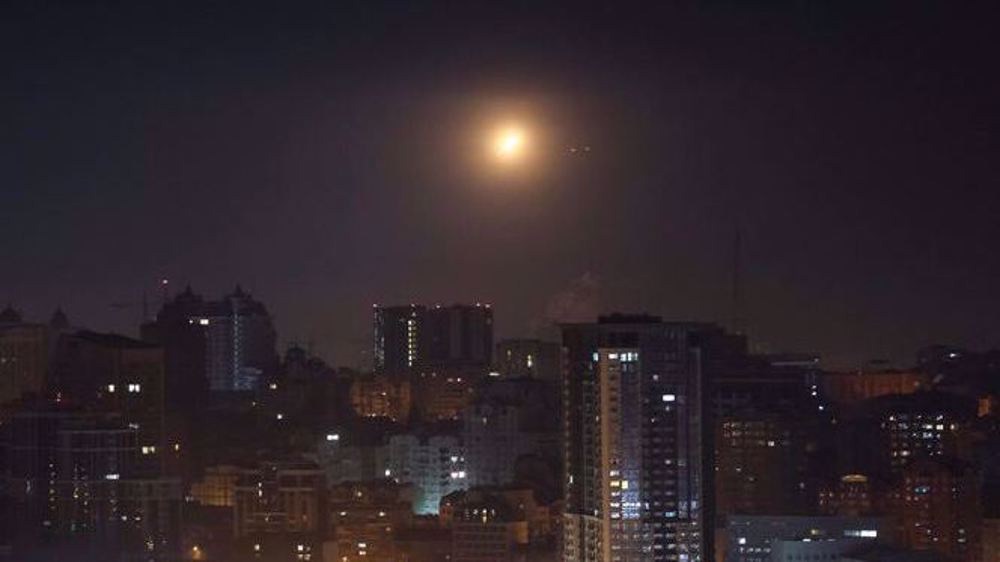
Russia launches ‘record’ strikes on Ukraine: Kiev
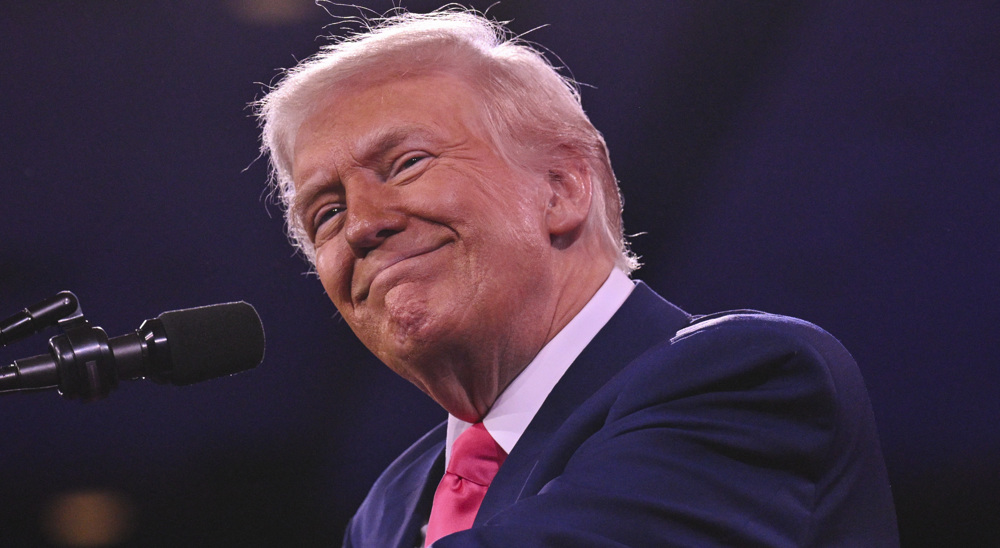
Trump wants return on Ukraine aid: ‘We’re getting our money back’
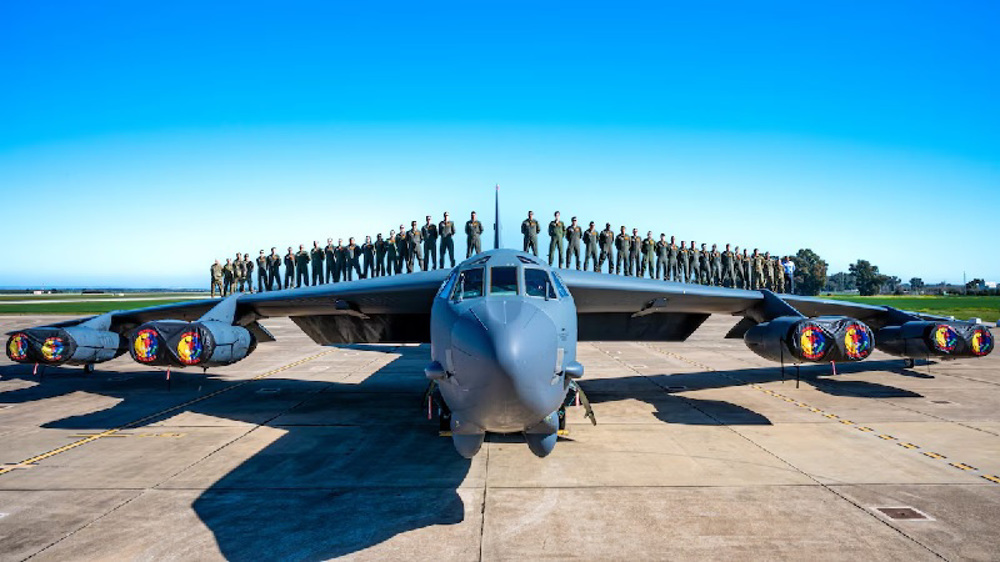
US B-52 bombers in West Asia do not scare Iran
'Shocking attack on free expression': Canadian politician slams arrest of pro-Palestine activist
West Bank Palestinians fear Gaza style destruction as Israel escalates raids
Hamas: Ibrahimi Mosque massacre testament to Israel’s criminal policy
Trump eyes Ukrainian rare earth minerals in exchange for military support to Kiev
Six Gaza children, including newborn girl, die of cold weather as Israel blocks aid
Iran rules out nuclear talks with US amid ‘maximum pressure’ campaign
Israeli tanks roll into West Bank first time in 20 years as prelude to forcible annexation
VIDEO | Trump wants Ukraine's mineral wealth







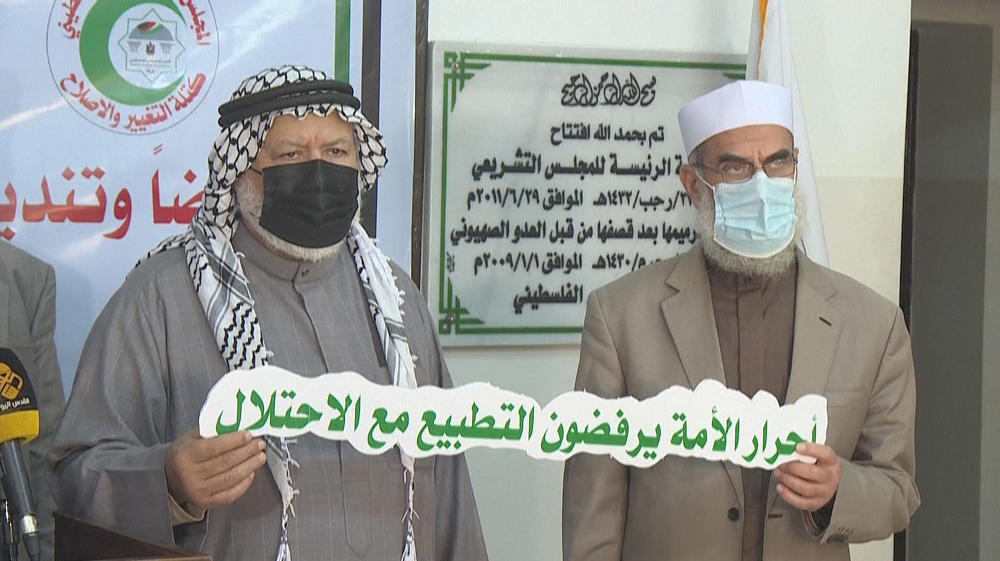
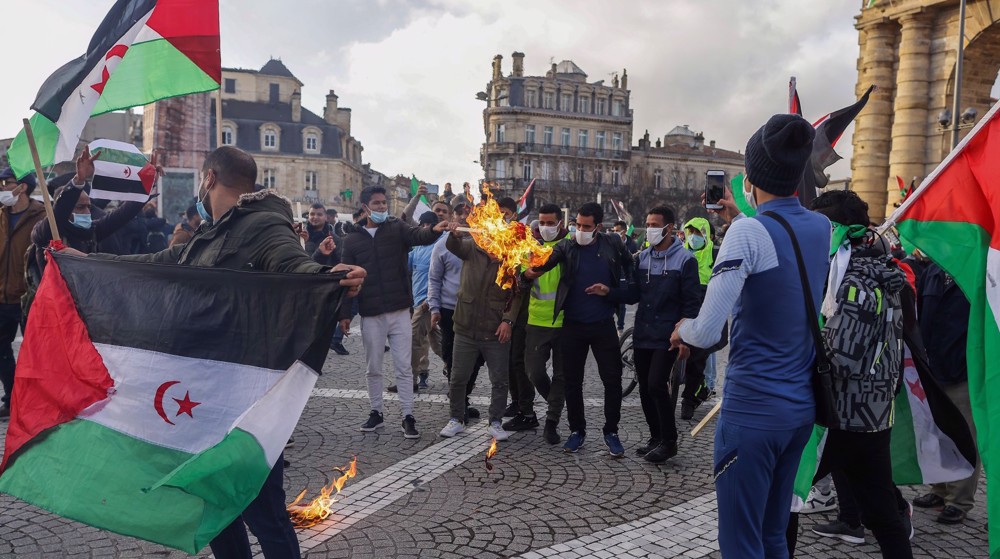
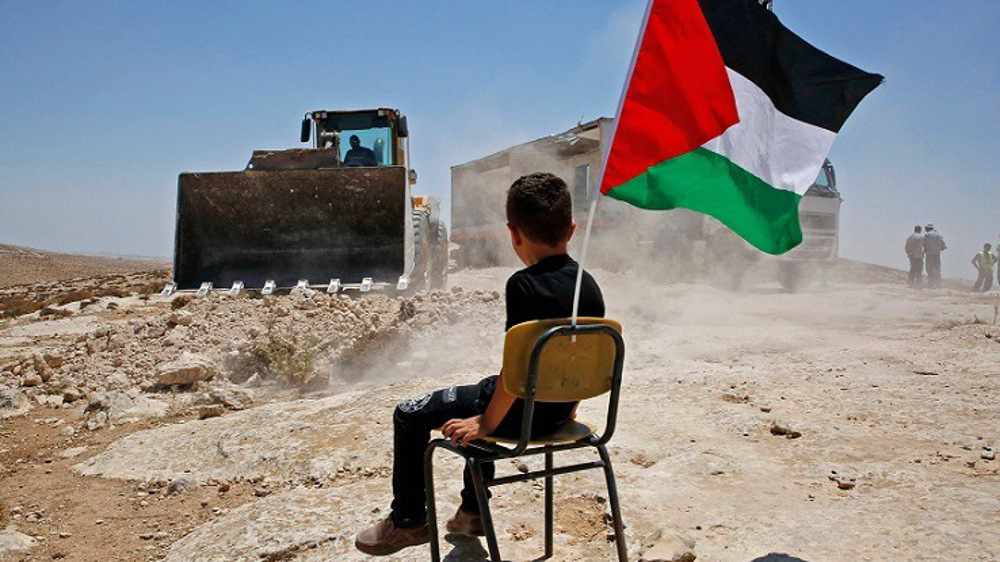
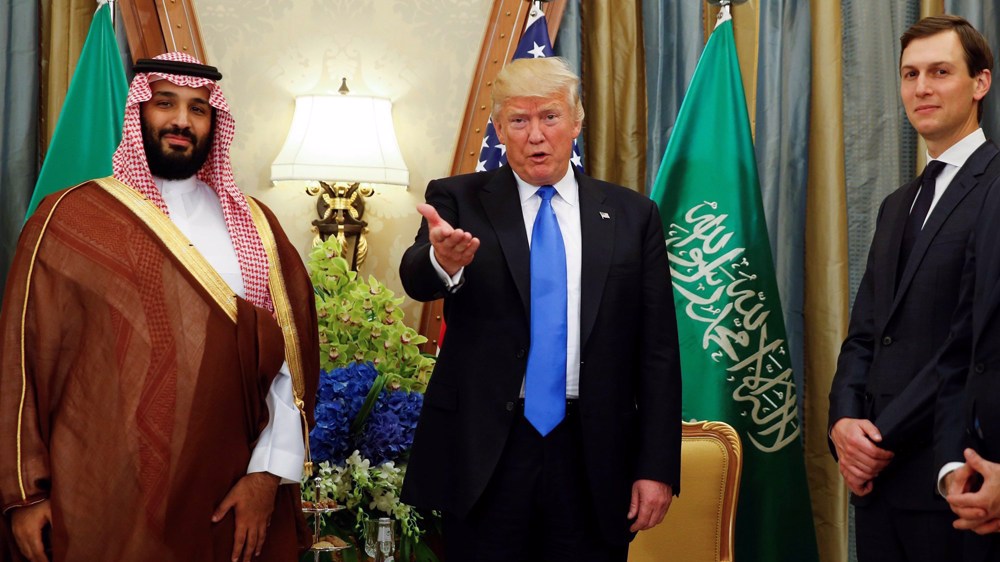
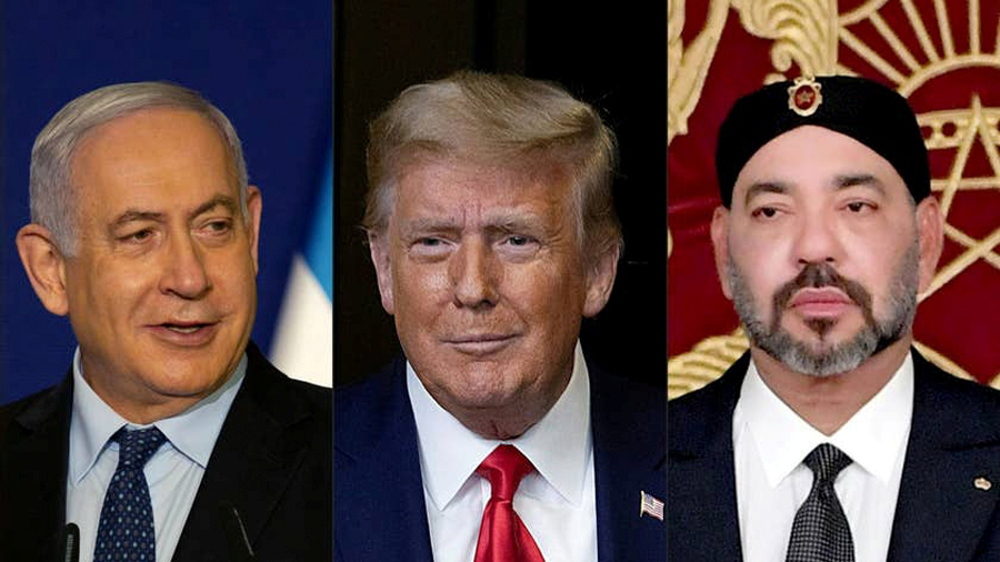
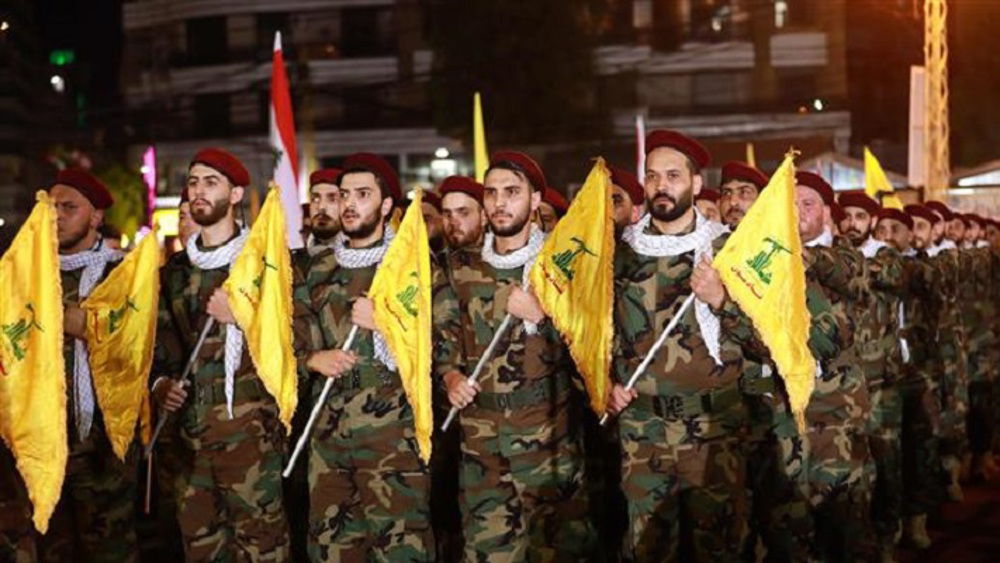
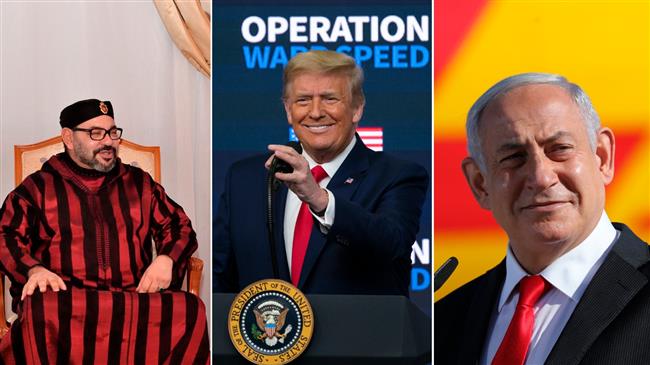
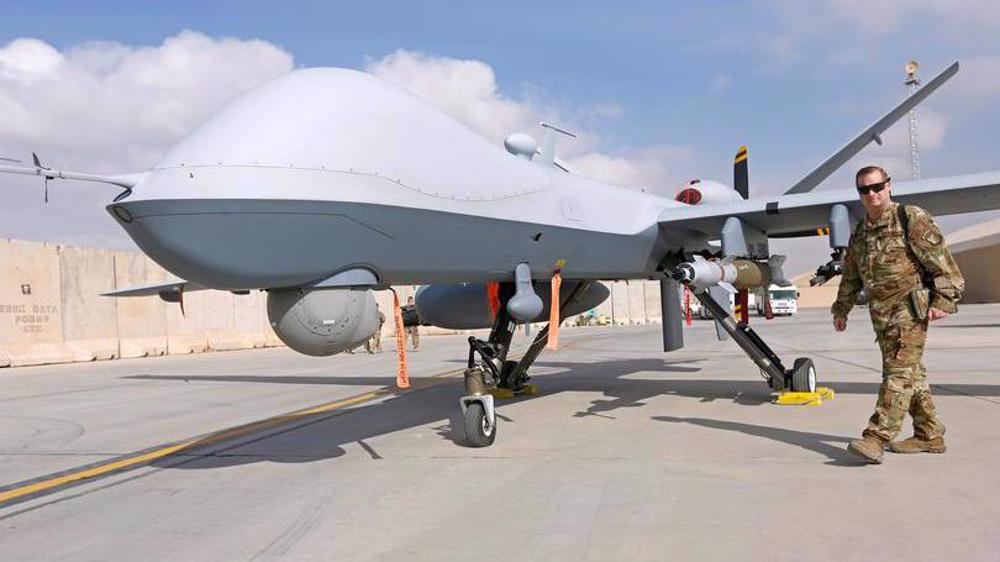

 This makes it easy to access the Press TV website
This makes it easy to access the Press TV website